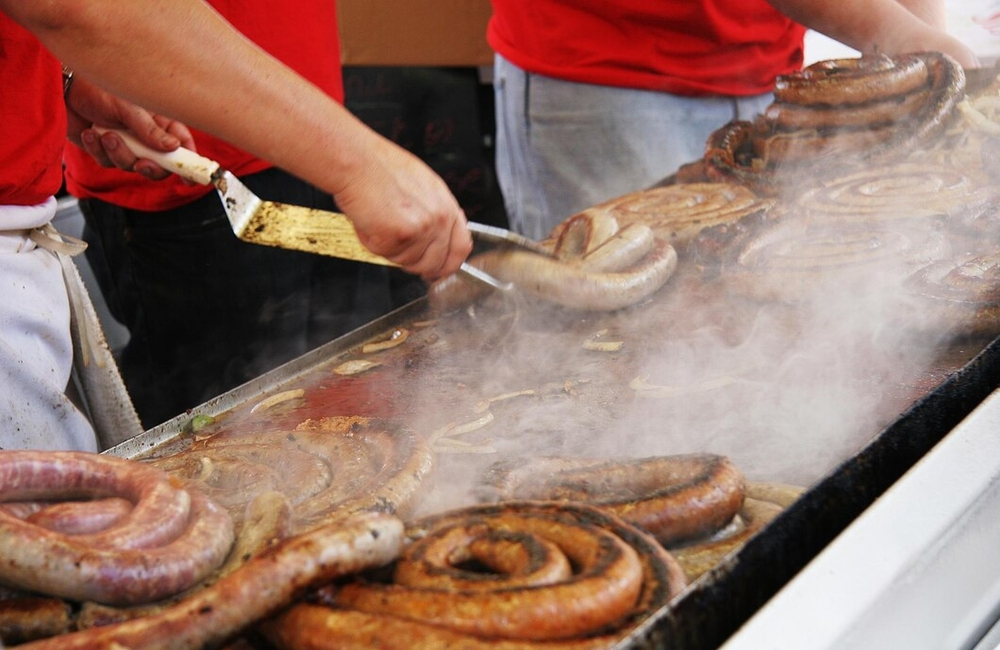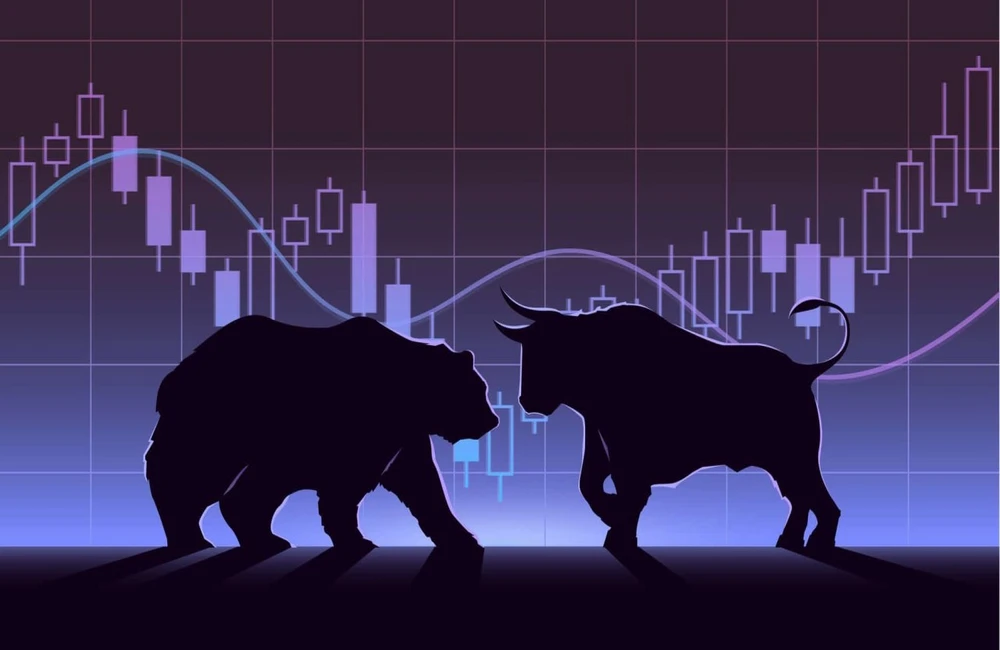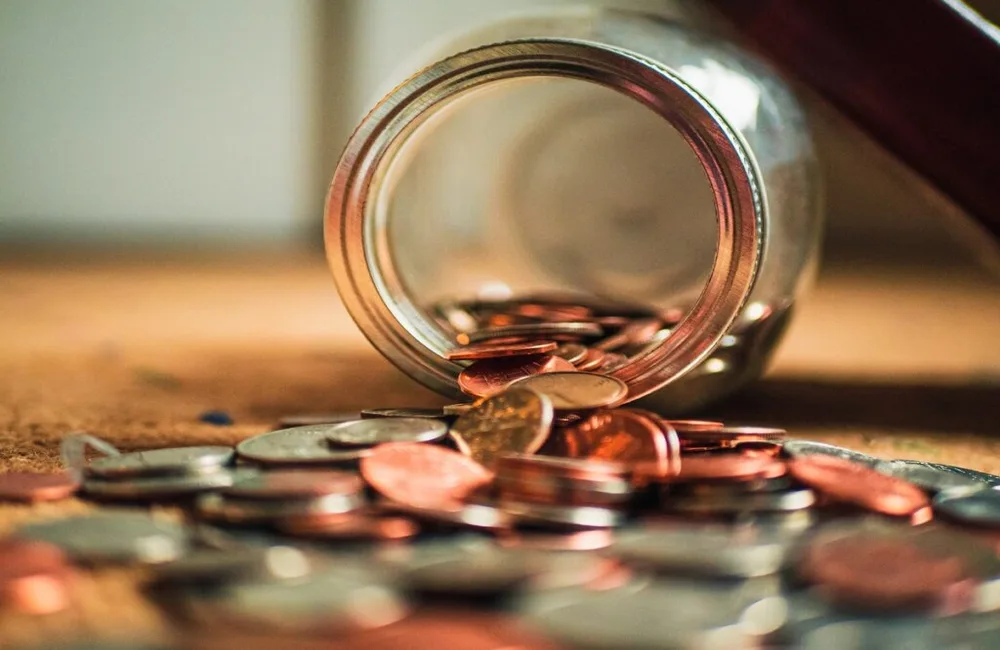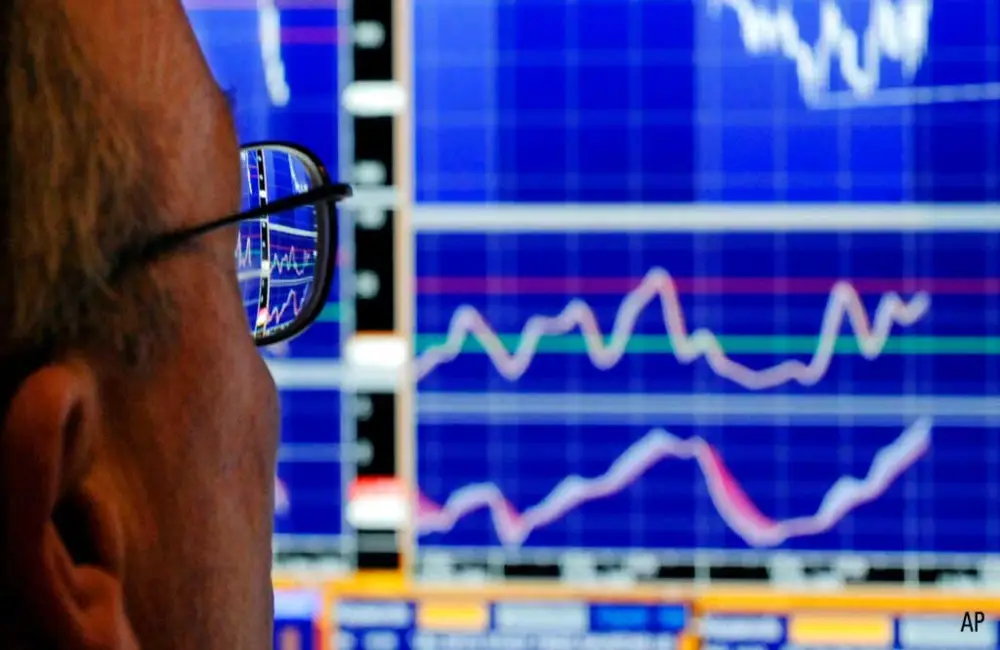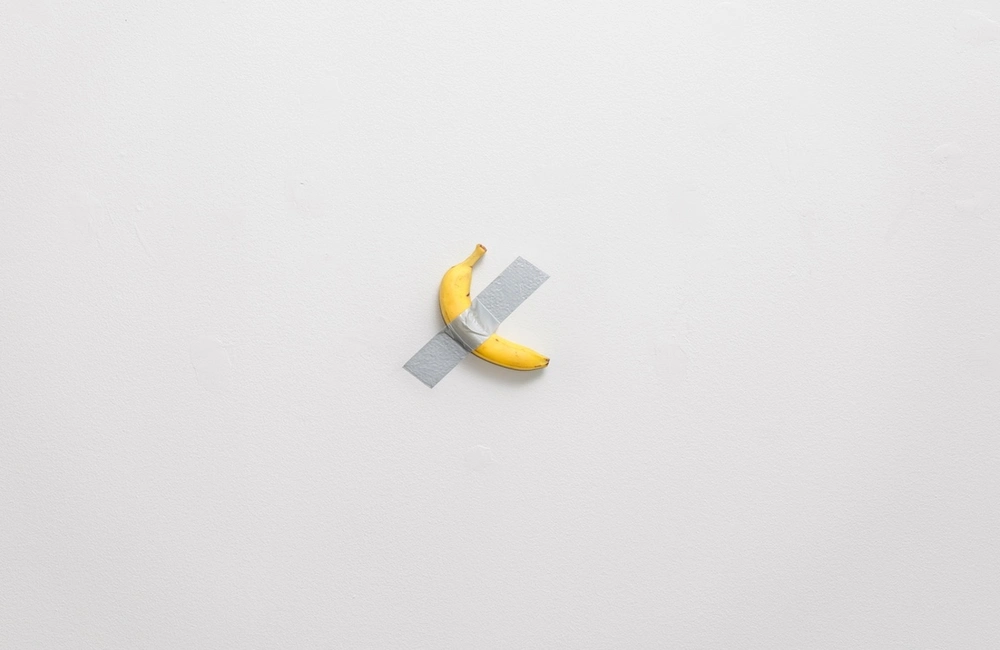The booths for the Federal Election closed at 6pm Saturday and counting of the votes began. By 11pm east coast time, we had found out who would be Australia’s 31st Prime Minister. He was sworn into the top job early on Monday and by midday, together with his new Foreign Minister, he was on his way to Tokyo where he was set to attend the Quadrilateral Security Dialogue with the United States, India and Japan’s most powerful spearheads.
All in less than two days. Anthony Albanese even had time to sit down with family and supporters at Marrickville Library on Sunday morning. He embraced his dog and posed for selfies as cars honked and passers-by yelled “We love you Albo.”
You gotta love our process
In the US, they vote in early November and are inaugurated on January 20. No matter how one feels about the outcome of the 2022 election, and the post-election feuding within the Liberal Party, pause and consider how fortunate Australia has been when it comes to the best electoral system:
We shall determine the men who lead us, a right denied the bulk of mankind. We have full confidence in the independence and integrity of the Australian Electoral Commission, the independent agency responsible for delivering the election.
We were 100 percent sure that our vote was counted and one person, one vote. The only menace at the polling booths was volunteers in brightly-coloured t-shirts zealously putting how-to-vote cards in our faces. Or choking on a sausage.
Mandatory attendance guarantees the highest participation you can achieve; and challenges many to consider this decision who otherwise might be completely uninterested in the outcome. As the no-longer Prime Minister, Scott Morrison, said in his concession speech on Saturday night:
“In our country, on a night like tonight, we can turn an eye around the world, and especially those who are fighting for their very freedom and liberty, in the Ukraine, and realize on an evening like tonight we can think about what greatness our democracy brings.”
No questioning the result. No urging to storm the capital. No protests on the street. This is just some fruit-loop action on Sky After Dark which no one really watches.
It’s almost obligatory at the polling booths, particularly if you’re a politician casting your own vote, to eat a democracy sausage. It’s a lovely and unique Australian tradition, even if it is often a money-making exercise on behalf of an underfunded public school. It’s a kind of satiric salute to an equal and classless society and a wink at our exquisite democracy. Social media feeds are flooded with photographs and accounts of the best sausages, and the nation unites in a communal ritual in contrast to the extensive and serious task of voting.
There's no place like home
After his acceptance speech just before midnight on Saturday, Anthony Albanese was driven home, also to Marrickville. He purchased the 1920s home in 2006 for $997,000, with three bedrooms, two bathrooms and a pool on 519 square metres. It’s not in Vaucluse or Toorak or Peppermint Grove, or overlooking the ocean or the harbour. It’s on the same street where he moved when he left his mother’s council house in 1990, paying $146,000 for his first house.
It’s not hard to locate where the new Prime Minister lives among neighbours he’s known for 30 years. While Federal Police now sit nearby, when they leave the house it looks exactly like any other couple with their dog, albeit Kirribilli (and he needs a decent front fence).
We’ve been told about Albanese’s modest, impoverished childhood with a single mother on a disability pension. And while a country like the US may brag about its ‘Anyone can be President’ attitude if you have the right connections, funders and lobbyists, Albanese is proof that’s not just a campaign slogan in Australia.
A new breed of community-based independents
The surge of independents was one of the highlights of the 2022 campaign, winning an amazing 12 seats in the Lower House. It is not just the ‘teal’ candidates who emerged because of local disenchantment with the major parties, and with the Liberal Party in particular and its fracturing policy on climate, integrity and gender. Included were Dai Le, the Deputy Mayor of Fairfield, and ex-Wallaby David Pocock, seeming likely to win a Senate seat in the ACT.
Long before 'teal' was even a thing, Cathy McGowan took down Liberal Sophie Mirabella because local issues mattered most in 2013. McGowan now lectures independent candidates on how to run their campaigns. Andrew Wilkie in Hobart 70% of the two-party vote, Rebekha Sharkie in Adelaide Hills 63% and both Helen Haines and Zali Steggal won bigger mandates.
The teals and others are no random grab-bag of amateurs. Their campaigns were sophisticated, well funded, and they supported each other while firmly advocating for their own constituents. Even so, while Climate 200 contributed around 30% of teal dollars on average, every candidate who won out had proved that enormous community support and thousands not hundreds or dozens of volunteers could be attracted. Ultimately, Climate 200 collected approximately $12 million from 11,000 donors. Treasurer Josh Frydenberg’s successful opponent Monique Ryan campaigned on the Zen Buddhism mantra: ‘Chop Wood Carry Water’ — meaning there is always another vote to be won.
The big parties despise it but this is democracy in action. Many of the volunteers had never worked on a political campaign in their lives, yet they were spending their evenings and weekends canvassing doors, armed with talking points that promoted the policies of this new crop of politicians. And as Zali Steggal demonstrated, once an independent gets into power, it can be hard to unseat them if they remain engaged with their local community. Money cannot compete with this degree of grassroots fervour, as Clive Palmer and his $100 million discovered.
In my own seat of North Sydney, the swing away from the sitting Liberal, Trent Zimmerman, himself a moderate, was some 14%. That’s them, the Tink volunteers awaiting the results at the Kirribilli Club after manning the booths all day.
Fifteen years of a crippled democracy
In 2021, the year he stepped down as CEO, Jeff Bezos penned his final letter to shareholders saying:
"Democracies are not normal. Despotism Is the Historical Norm Without doing all of that continuous hard work that is required to keep ourselves on that distinguishing line, we would come into equilibrium with tyranny very quickly."
After the fire at the front doors recently, I previously mentioned the Museum now (its the Museum of Australian Democracy (MoAD)) is open again in the old Parliament House. And a key reminder of the work we need to do to preserve what we like about democracy and its principles.
MoAD has a terrific exhibition, Truth, Power and a Free Press, about the role of the media in exposing corporate crime and government scandals. This explanation belongs to the exhibition, which vast swathes of our mainstream media neglected during the election campaign in favour of puff, gotcha stuff:
News needs to be trustworthy,” he said. The facts must be reported as accurately as possible... and at times that includes officials who don’t want to see published facts that are in the public interest.” “In the absence of a common reality, trust decays and democratic deliberation falters.”
Here is some text that Daryl Karp, a Director of MoAD, wrote about an exhibition called Democracy DNA:
“Australia’s democracy is this glorious mess of institutions and practice adopted from the UK, USA and through other parts of the world, adapted for our own unique circumstances. It's something we've built. It is not inherent, not just passed on, and not stationary. It embodies our pragmatism, our mistrust of authority and our ability to come together. Democracy DNA, which will fill the heart, three central spaces of Old Parliament House, will inspire Australians of all ages to appreciate our democracy, comprehend how it works, and see themselves as protagonists in the story; to contemplate how they interact with it and what they want from their representative and government,” said the winner when finished. (my bolding)
Where will Albanese take us?
In our Reader Survey on the election a few weeks ago, using a scale of 1 to 10, where 1 is terrible, two-thirds of our readers rated the quality of political debate at 3 or below. Lies and deceit; scare tactics about policies of other parties; media bias; too much focus on gaffes. Just 1% of respondents conceded nothing was amiss and ‘It’s all the ‘cut and thrust’ of a democracy’.
Voters were tired of toxic politics. Speaking on the election campaign, including during his victory speech, Anthony Albanese said he needed to change. He seeks to "change the country and change the way politics works in this country".
Two shocking stats on our elections:
- No Prime Minister has achieved a double dissolution victory since John Howard did it in 2004, and
- The last time a major party failed to serve more than one term in office was 1929.
As strong as our election process is, our politicians have been dividing each other more than uniting for at least two decades. Hence the third force in Australian politics as a means for the independent campaign to follow has been set.
Time will tell whether the country and its politics truly shifted over the weekend. Albanese may run into a snag, but whatever: our election process and democracy sausage can come back in 2025.


















